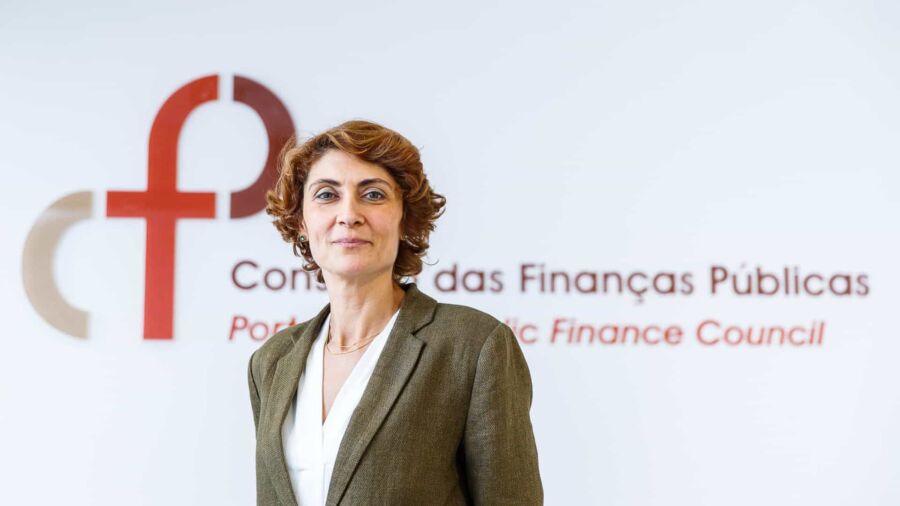Council of Public Finances forecasts 1.2% “and even that could be optimistic”
After 2022 in which Portugal ‘basked’ in the highest rate of growth in Europe, 2023 is almost certain to be the polar opposite.
The Council of Public Finances has this afternoon published its forecasts over what is coming by the end of the year, in 2023 and up to 2026.
Explaining that it has had to revise the country’s economic perspectives in light of current times (of elevated uncertainty), the council stresses the exercise was motivated by the “dramatic deterioration in the costs of energy in Europe”.
As Observador explains, this is not the forecast of the government “as has been requested by the President of the Republic”. Indeed, it is in no way a vision tinged by politics.
It paints a scenario for 2023 that is “more pessimistic that that published in March (by the council) – and worse than previsions already given by institutions like the Banco of Portugal (headed by former Socialist finance minister Mário Centeno) and the OECD (Organisation for Economic Cooperation and Development).
First to the ‘good news’: estimates for growth this year have been revised upwards to 7.7%, compared to the 4.8% forecast in March. This is largely due to the “strong performance during the first semester of exportations of services (mainly tourism) and private consumption, benefitting from a backdrop of savings above historic averages” (due to people’s lack of spending during the pandemic).
“But in 2023, the scenario changes”. The council’s forecast is indeed the lowest prevision for growth in the Portuguese economy that has ever been given by any institution, says Observador: 1.2%.
The slowing down will be “expressive” “due to the persistence of inflationary pressures, with negative consequences on private consumption, and a slowing down of external economic activity (because citizens everywhere are very much in the same boat, and will have less available income with which to take holidays, etc).
As experts have been telling news anchors, inflation will continue (albeit at a lower rate than the 7.7% forecast this year by the council), and thus loss of spending power will remain with families which are already facing the equivalent loss of one month’s pay packet in those who receive 14 monthly payments (the old system of holiday and Christmas subsidies).
Says the council: “Lack of income in real terms resulting from inflation is one of the factors that leads to the very weak growth in private consumption that we see for 2023”.
Another powerful factor will be the increase in interest rates – hammering any kind of spending on credit ‘and the rest’.
Putting the boot in further, the council stresses that the weak level of growth it has forecast could in fact “be considered rather optimistic (…) the hypothesis of a recession cannot be excluded in some of our principal commercial partners, which would have inevitable implications in Portugal”.
The very word ‘recession’ is being ‘fuzzed out’ as much as possible from news reports at the moment. But it is the current ‘elephant in the room’.
Regarding inflation, the council’s forecast for 2023 is that it will ease back to around 5.3% (meaning prices will still be rising, but less steeply). This again is less enthusiastic, for example, than the central bank’s suggestions of 2.7%, and the OECD, which is going with 4%.
“Uncertainty is the watchword in coming months, and the Council for Public Finances is aware of this”, says Observador. “In addition to the risks coming from the outside, the council has identified question marks within. In the execution of the PRR (Plan for Recovery and Resilience) for example: “the possibility of additional delays to those already announced cannot be ruled out – impact of which in real terms could be aggravated in the context of increases in investment prices”. And in terms of the (State) budget (for 2023, due to be debated in parliament next month) we cannot rule out the possibility of (the government) taking more measures to respond to the energy crisis, which would throw the forecasts to the ground”.


























